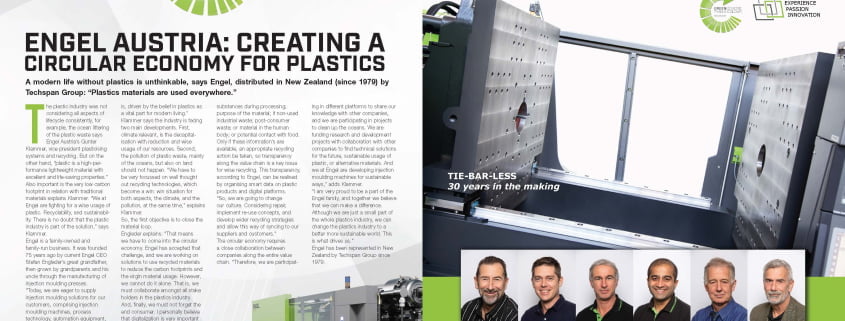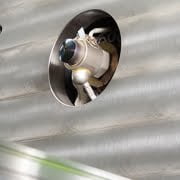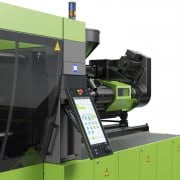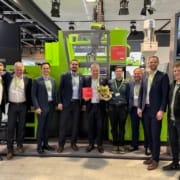Bioplastics in Injection Moulding
New paths to greater sustainability
Bioplastics offer the opportunity to combine injection moulding with sustainable raw materials. ENGEL has years of experience in the use of bioplastics and offers support in processing them correctly, safely and sustainably. Get started now with ENGEL solutions and expertise.
How are Bioplastics categorized ?
)
Bio-based & non-biodegradable bioplastics
Bio-PE, Bio-PA, WPC
Materials are biobased if they are produced entirely or partially from renewable biological resources. Biological resources include maize, potatoes, sugar cane starch and cellulose. The injection moulded component does not degrade naturally in the environment.
PLA, PHA, PHB
These are bioplastics that are both biobased and biodegradable. Chemical processes enable the biodegradation of bioplastics. Microorganisms present in the environment convert the bioplastic into natural substances such as water or compost. The injection moulded component degrades naturally in the environment.
PE, PET, PP
Fossil-based plastics are conventional plastics that are produced from fossil raw materials (crude oil, natural gas) and do not decompose. They are not bioplastics. The injection moulded component does not degrade naturally in the environment.
PBAT, PCL
Alternative plastics that are biodegradable but produced from fossil sources such as crude oil or natural gas are categorised as bioplastics. The injection moulded component degrades naturally in the environment.
Successfully exploiting the potential of bioplastics in injection moulding
Processing of Bioplastics on all Engel injection moulding machines
Bioplastics can be processed on all ENGEL injection moulding machines. This means that you can use your own ENGEL machines to produce injection moulded components from alternative plastics. This enables flexibility in your production and avoids additional investment.
Sustainable processing and durable machine components
Corrosion-resistant plasticising components are essential for processing corrosive biomaterials. They ensure the longevity and safety of the system. It is also important to comply with the process parameters specified by the material supplier. Especially when it comes to the processing temperature. In order to achieve high quality with shear-sensitive alternative plastics, an optimised screw geometry supports the reduction of shear. The result: gentle processing of sensitive materials.
Outstanding process stability and first-class part quality
Our digital solution iQ weight control precisely regulates the injection volume based on the pressure curve in the mould. This ensures optimum part quality during injection moulding, even if the viscosity of the bioplastic fluctuates.
Good barrier properties thanks to sustainable multi-layer technology
Thin-wall packaging made from alternative plastics can be produced using sandwich injection moulding. One example is coffee capsules with a biodegradable PVOH (polyvinyl alcohol) barrier. Multi-layer packaging offers perfect barriers against oxygen, moisture and humidity, thereby optimally preserving the freshness of the product.

)
)
)









